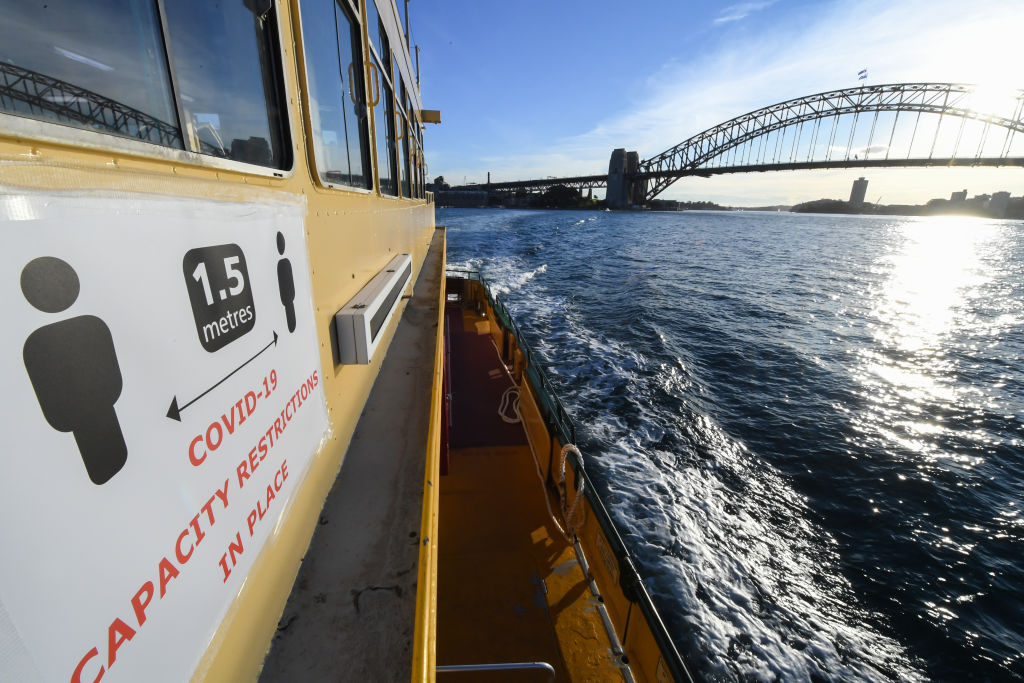
The social isolation driven by the worldwide pandemic is providing opportunities to think, not just about Covid-19, how we got here or even why people hoarded toilet paper. While some have helped to put the toilet paper–buying into context with the hilarious memes that flooded social media, it’s worth contemplating for a moment what drove the frantic hoarding.
Perhaps it was panic. Or simply a need to take control of something, anything. Or was it the (flawed) perception that all of our consumables, including toilet paper, originate in China? (For the record, Australia manufactures 80% of its toilet paper.) Perhaps it can only be explained by accepting that people tend to do ‘people things’ in a crisis and sometimes reality gets in the way.
Social distancing has reinforced our dependence on all things digital. We’ve been driven online more than ever to perform our work, to learn, to shop, to be entertained and to have our dinners delivered to our homes. This increased online activity not only comes with increased risk to cybersecurity and the possibility of digital infrastructure failure, but it also deepens our national dependence on others.
The World Economic Forum says we’re in the midst of ‘globalisation 4.0’, driven by the digital economy of e-commerce, online services and 3D printing that’s enabled by artificial intelligence, but threatened by cyberattacks and cross-border hacking. This digital economy has the potential to increase the global dominance of China and the US.
The impact of Covid-19 in Australia is awakening us to the fact that our long-term reliance on others makes us highly vulnerable.
Australia’s habit of exporting raw materials only to import them as consumer goods has been long debated. There are valid, well-honed, and often polarised, arguments supporting one case or the other. Our trade policies drive our dependence on others. It’s time to question whether we should continue to export the current level of primary production, metal ores, minerals and coal while importing our resources back as processed food, clothing, machinery and fuels. Even our manufacturing base is highly dependent on others given that ‘around 18% of refinery feedstock is produced domestically and the rest is imported’.
The time is right for a more nuanced trade position that avoids the ideological extremes of the past.
This pandemic is also undermining social cohesion in Australia. A study commissioned by the Human Rights and Equal Opportunity Commission in 2003 found that, following the 11 September 2001 terrorist attacks in the United States and the October 2002 Bali bombings, Arab and Muslim Australians experienced increased prejudice because of their race or religion. We’ve seen the same phenomenon play out on the world stage, with references by US President Donald Trump to the ‘China virus’ and, domestically, in the early and irrational decline in patronage of Chinese restaurants well before Covid-19 reached pandemic status. There was also aggressive behaviour towards supermarket staff when Covid-19 started to spread. Covid-19 is affecting our national psyche.
As we enter the next phase, we need to appreciate the opportunity for a sea change through which we can create a better future. It all comes down to what we do next.
The evidence that we need to do better is clear. The OECD’s economic survey of Australia highlighted that globalisation and automation are having a negative impact on parts of the labour force, that the gap between Indigenous Australians and the rest of the population is narrowing too slowly, and that Australia has made little progress in reducing its environmental footprint. It is unimaginable that we’ll reject globalisation entirely, but we must adopt a more holistic approach to achieve a better blend of economic, social and environmental wellbeing.
In our efforts to assist the recovery of our devastatingly fire-ravaged communities, we started to think and act locally. Briefly, in the time between the fires and the onset of the pandemic, we visited local communities with empty eskies and planned our next holiday within Australia’s borders. While that behaviour was sympathetic and well meaning, at its extremes it could inadvertently drive us towards inward and narrow-minded thinking.
A rebalancing is needed that places more emphasis and value on whole-of-nation sustainability rather than solely economic growth. The cost of the Covid-19 federal response is now $320 billion across the forward estimates, representing 16.4% of GDP. Pressure is mounting to claw back that investment. Of course, we must, but we also need to grab the opportunity to lift our social and environmental performance to establish a more sustainable economy.
Post-pandemic, let’s not retreat within our national, state and regional boundaries to become isolated and parochial. Instead, we need to reimagine a nation that more effectively integrates global, national and local thinking and solutions for our collective benefit.

